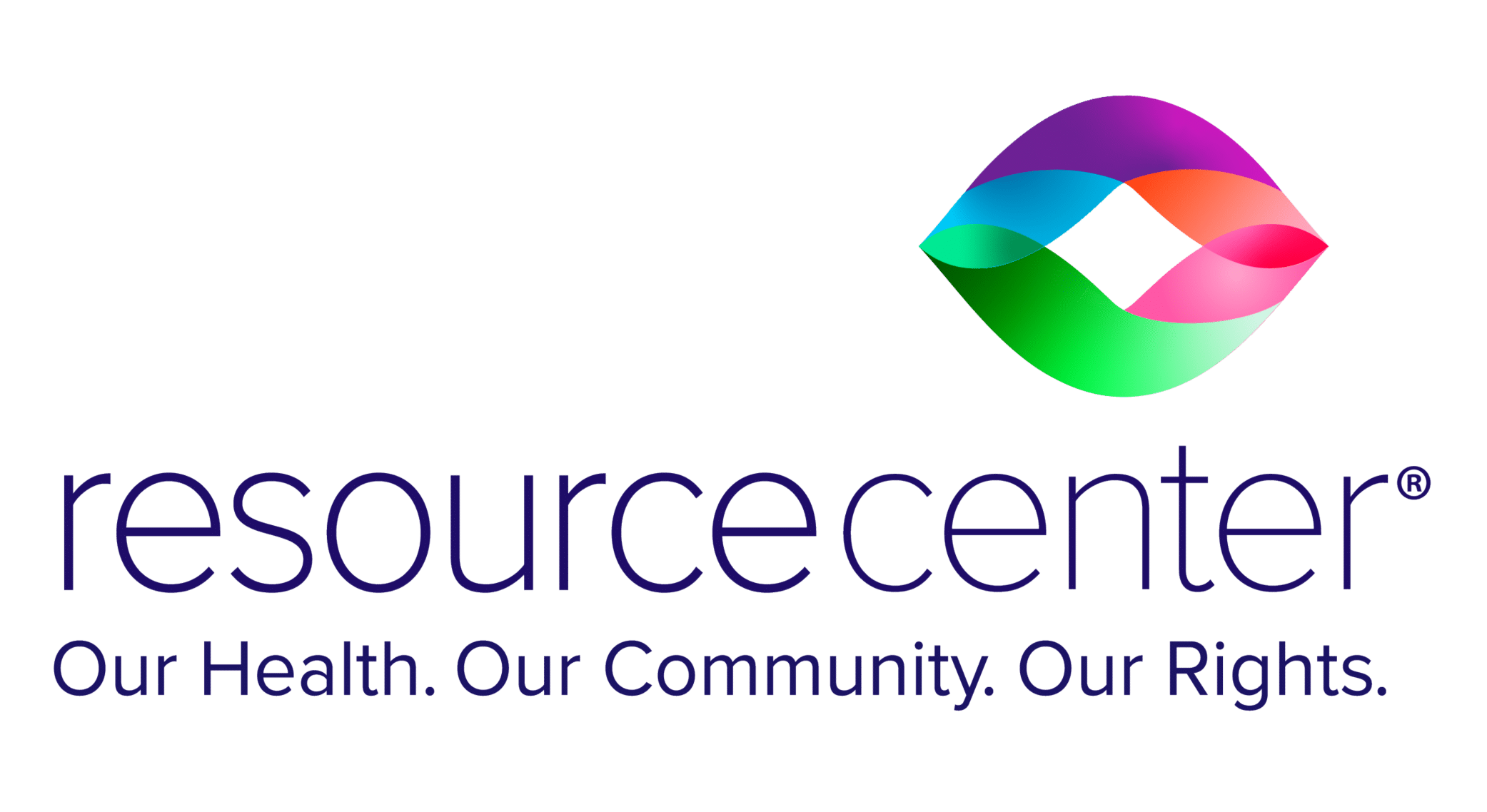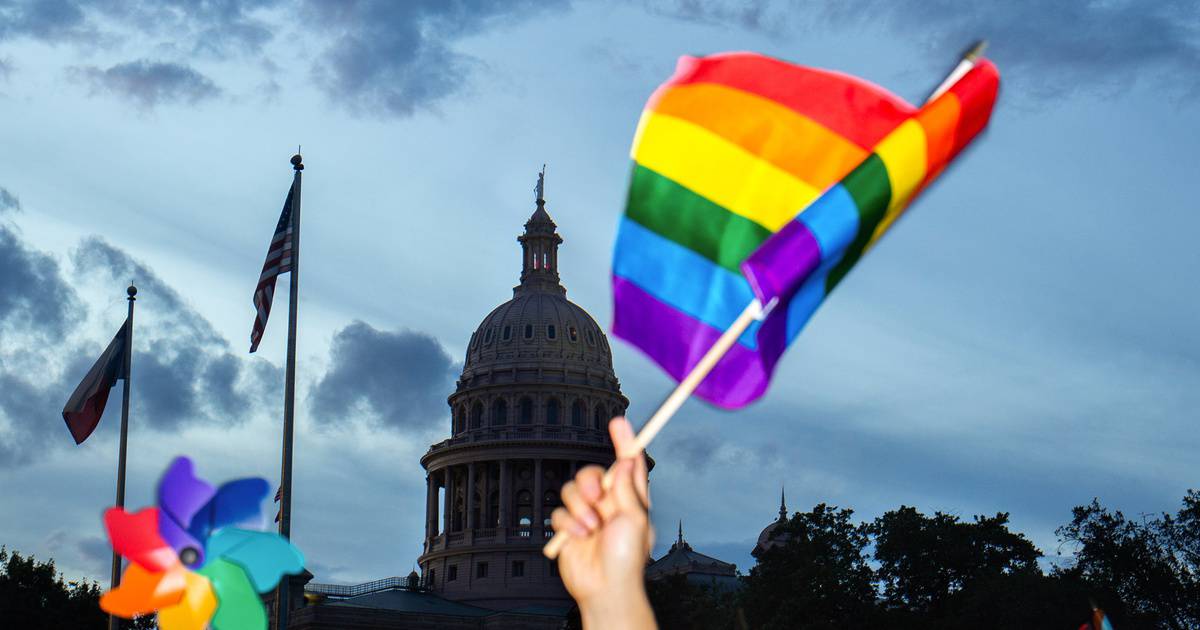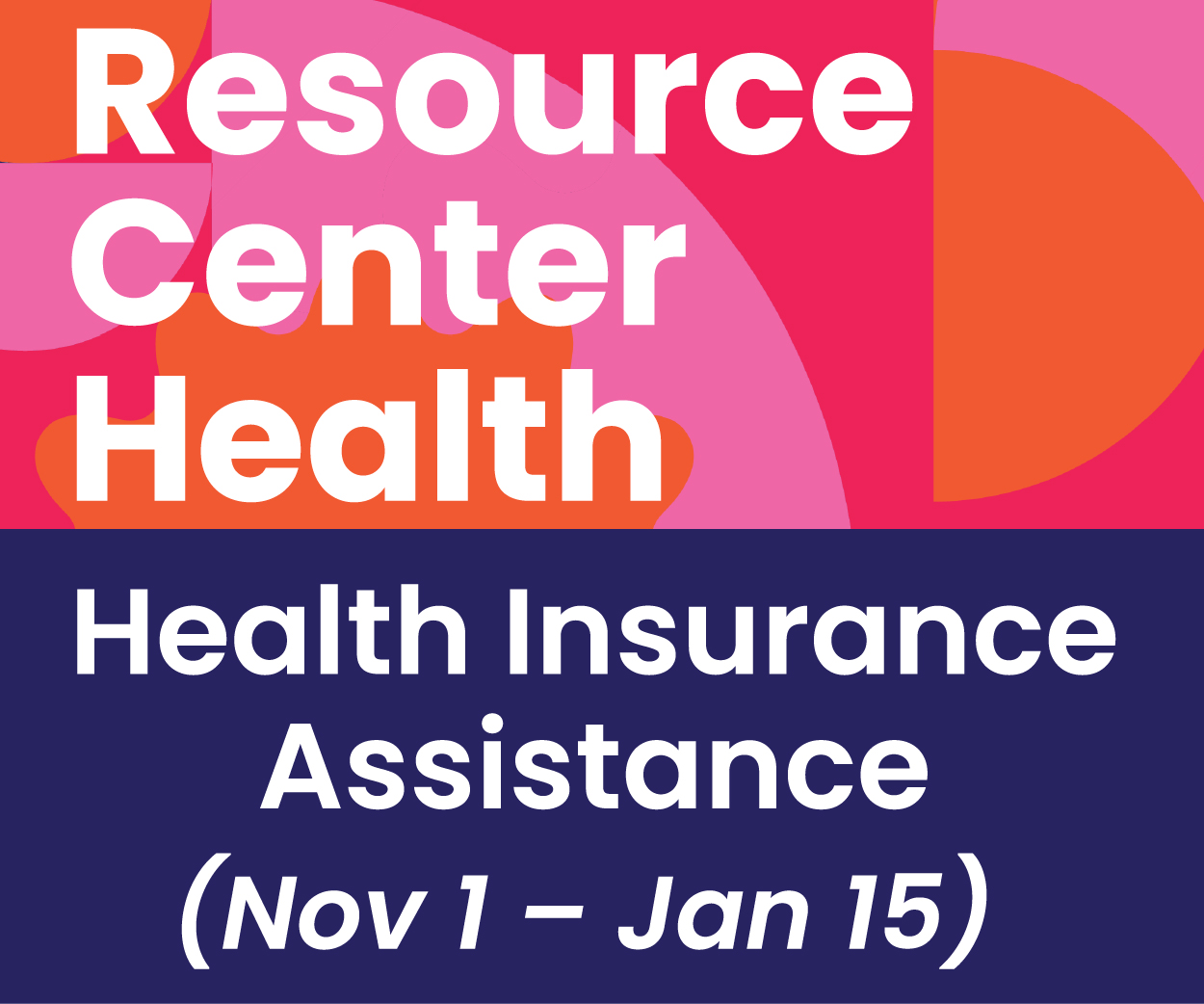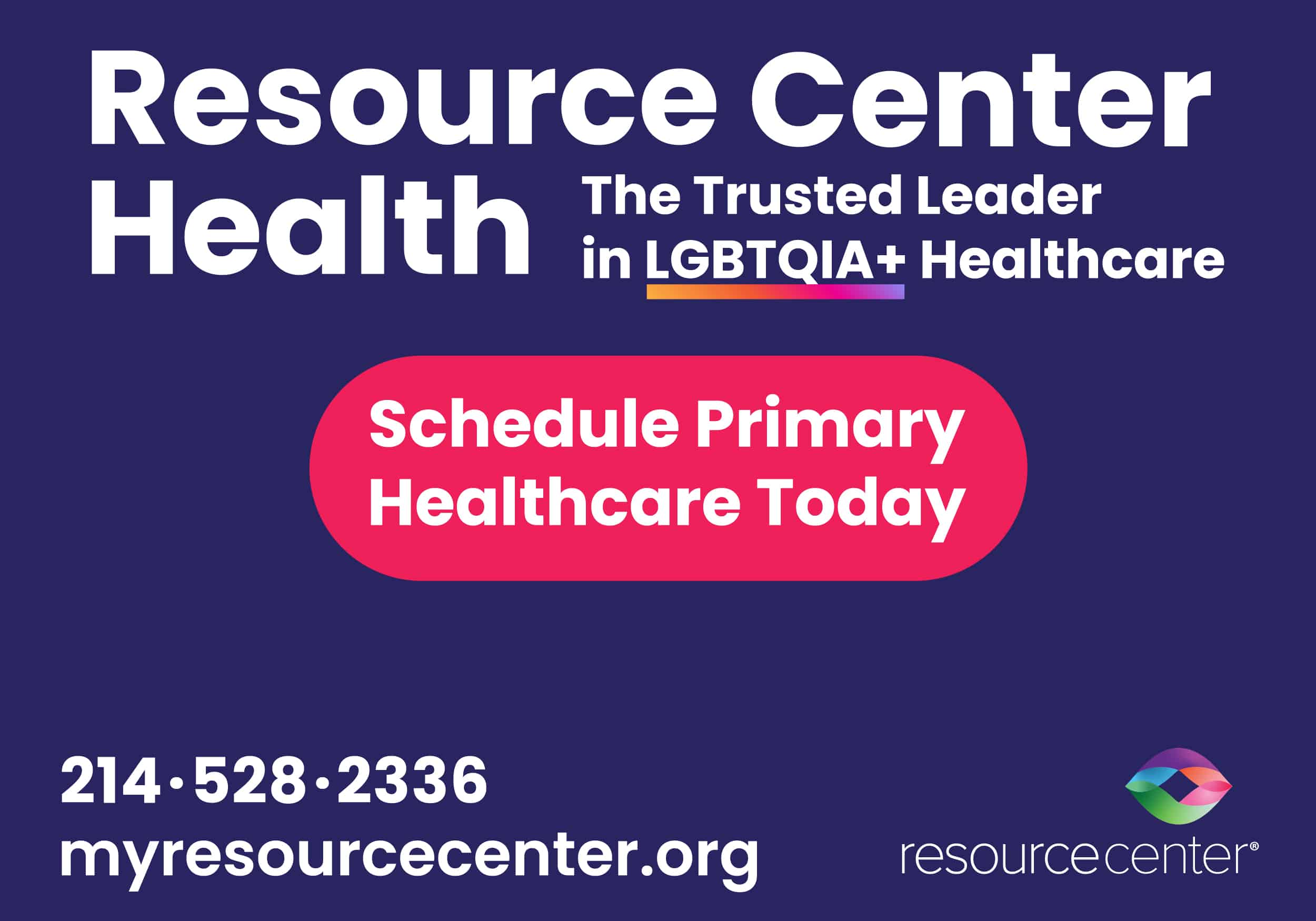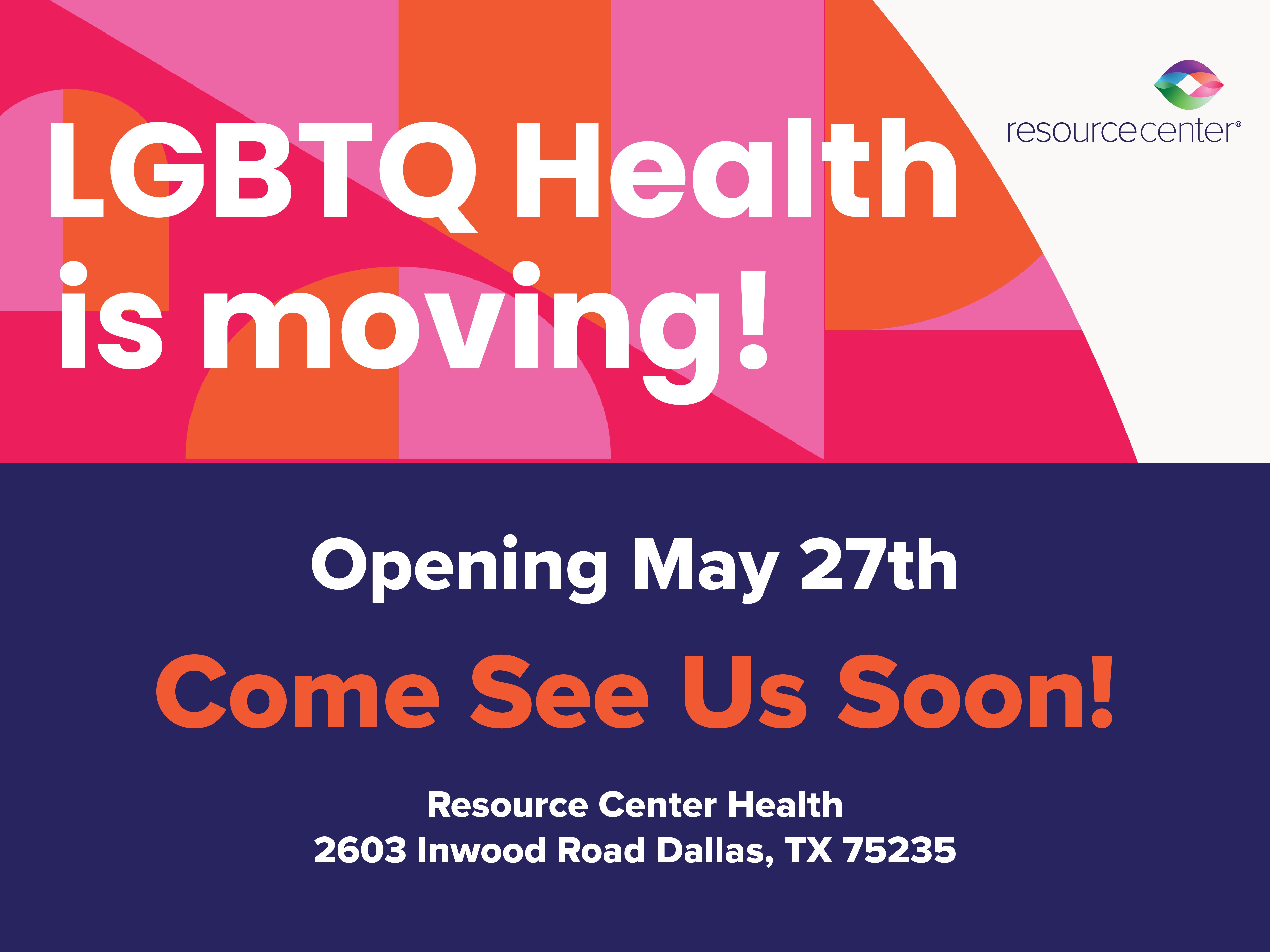Written by: Patrick Hanley
The Texas Legislature just wrapped up its regular session down in Austin. Over the course of the last five months, we have been confronted with an avalanche of more than 140 anti-LGBTQIA+ bills. Thousands of Texans stood up to oppose these bills: through visits to Austin, statewide lobby days, calls, emails and pressure on social media, we and our allies fought back. As we reached the end of the session, seven bills that will directly impact LGBTQIA+ Texans passed out of the legislature and on to Governor Abbott’s desk. This Pride month, it is important that all Texans know how these bills will impact the lives and livelihoods of the LGBTQIA+ community in our state. Unless vetoed by the Governor, these bills will come into effect on September 1, 2023:
SB 12: The “drag ban” bill
SB 12, also known as the “drag ban bill,” expands the definition of sexually oriented performance. The bill includes vague language that will allow drag, and many other types of performance including Pride celebrations, cheerleaders, and powderpuff football to be targeted if minors are present. Texas already has a public indecency law, but this confusing bill conflates drag and other performance with explicit, sexual content. Those in violation can be charged with a Class A misdemeanor.
As we have seen in Dallas over the past year, vigilantes have targeted LGBTQIA+ spaces to create hostile environments. We fear this bill will give them license to police family-friendly events and create greater hostility and even violence.
SB 14: The gender affirming healthcare ban
SB 14, a dangerous and heartbreaking bill, virtually ends access to gender affirming healthcare for transgender youth. This type of best-practice and often life-saving healthcare has been endorsed by every major medical association. Critically, the bill maintains access to many of these treatments for intersex youth or those experiencing certain health conditions. That is how we know this isn’t about the science and is just another attack on transgender youth who are simply trying to live authentically.
By limiting the autonomy of transgender youth and placing barriers to their medical needs, this bill may have severe consequences, contributing to poor mental health and wellbeing among trans youth. We already know of families of transgender youth that are making plans to leave Texas or searching for options out of state. With this bill, the cruelty is the point.
SB 15: Expansion of the “trans athlete” ban
SB 15 expands the discriminatory “transgender athlete ban,” that was first enacted at the K-12 level in 2021, to the collegiate level. The bill prohibits transgender student athletes from participating in sports competition consistent with their gender identity. This bill perpetuates harmful stereotypes and undermines the rights and dignity of transgender individuals. Denying transgender athletes the opportunity to compete on a level playing field robs them of the chance to experience the benefits of participation in sports, such as personal growth, teamwork, and increased self-esteem. Since the ban first went into effect, we have seen allegations and suspicion among teams in Texas. This solution in search of a problem will only make the situation worse.
SB 17: the DEI ban
SB 17, referred to as the “DEI ban bill,” prohibits colleges and universities from creating offices of diversity, equity and inclusion. This bill will impact college students of all stripes. Diversity is something to embraced, not be afraid of. By banning DEI offices, state leaders are sending the message that not everyone belongs.
HB 900: the “book burning” bill
Though there were many revisions to HB 900 over the course of the session, this bill creates an overly broad definition of “obscenity” that could be used to remove positive representation of LGBTQIA+ identities from school libraries. Nearly half of all books that have been challenged nationwide included LGBTQIA+ themes or content. This bill sends the message that LGBTQIA+ youth are not deserving of seeing themselves reflected in educational materials and their identity is somehow shameful.
HB 2127: shredding local protections
Dallas, Fort Worth, Austin and many other cities in Texas have passed local non-discrimination protections for sexual orientation and gender identity. Texas lacks statewide protections for LGBTQIA+ people so, for many, these are the only legal protections they have to fight back against discrimination. Despite claims by the bill’s author and other groups, HB 2127 may well imperil local housing protections that have been on the books for many years. This bill overrides local control and sends us backwards, not towards, equality under the law.
SB 763: the school chaplain bill
In order to be licensed as a school guidance counselor in Texas, you must have a master’s degree and two years of classroom teaching experience. This bill allows districts to hire unlicensed and untrained religious chaplains to take the place of counselors. This bill opens the door to many kinds of harmful situations including the use of disproven counseling or religious evangelization without parental consent.
Making your voice heard:
Resource Center wants to thank the many people that stood up to oppose these laws during the session. While these bills were passed despite widespread opposition, more than 130 bad bills died. Resource Center supporters contacted members of the legislature nearly 24,000 times on these bills and many more. We understand more special sessions may be on the way this summer, so make sure you are signed up for our advocacy alerts here: https://resourcecenter.salsalabs.org/joinadvocacy/index.html
No matter what the Texas Legislature does, we aren’t going anywhere. Resource Center has fought for the rights and equality of LGBTQIA+ Texans for forty years and that isn’t going to change. We will continue the fight until one day Texas is an equal place for all.
